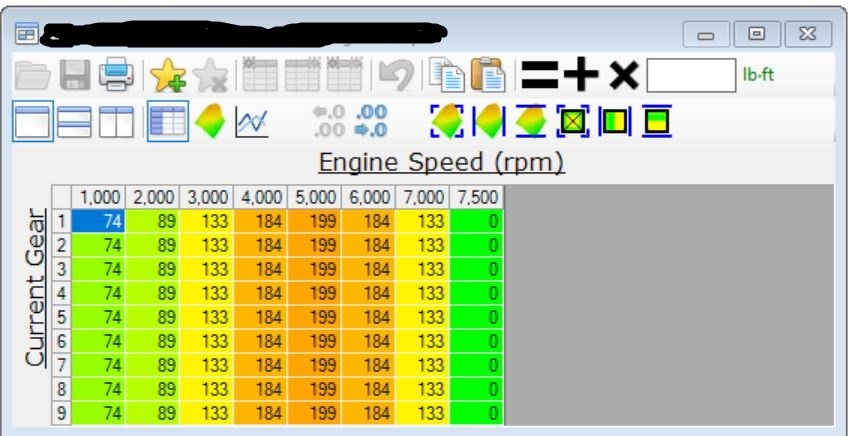For car enthusiasts looking to boost the performance of their vehicles, especially models around 2018, OBD2 performance chips are often touted as a simple solution. These chips promise to unlock hidden horsepower and improve throttle response. But how do they really work, and are they the right choice for your car, particularly if you own a Jeep Cherokee, Compass, or Renegade from that era? Let’s delve into the reality of performance tuning and what you should consider before plugging in a chip.
Many modern vehicles, including the 2018 Jeep range, rely on sophisticated computer systems to manage engine and transmission performance. These systems, primarily the Powertrain Control Module (PCM) and Transmission Control Module (TCM), are programmed with factory settings that prioritize fuel efficiency, emissions, and long-term reliability. While these settings are great for everyday driving, they often leave performance on the table. This is where the idea of performance tuning comes in, aiming to optimize these settings for more power and responsiveness.
One crucial aspect of engine and transmission management is torque limitation. Manufacturers often implement torque limits within both the PCM and TCM to protect the drivetrain and ensure smooth operation. To illustrate this, let’s look at an example from a similar platform, the Jeep Cherokee. In stock configuration, even models like the 2016 Cherokee have torque limitations programmed into their TCMs.
 Torque limit values in the Transmission Control Module (TCM) of a 2016 Jeep Cherokee V6, illustrating factory torque management settings.
Torque limit values in the Transmission Control Module (TCM) of a 2016 Jeep Cherokee V6, illustrating factory torque management settings.
As the image shows, the factory torque limits in certain areas of the TCM can be surprisingly low, well below the engine’s peak torque capacity. Simply changing these TCM values alone might not yield the desired performance gains. This is because the PCM also plays a significant role in torque management. True performance enhancement often requires adjustments in both the PCM and TCM to effectively unleash the vehicle’s potential.
This brings us back to OBD2 performance chips. While some chips might claim to be a comprehensive tuning solution, it’s essential to understand their limitations. A basic OBD2 chip primarily interfaces with the PCM. If it only modifies PCM settings without considering the TCM’s role in torque management, the performance improvements might be limited, or worse, it could create imbalances within the system.
For owners of 2018 Jeep Compass, Renegade, or Cherokee models considering an OBD2 performance chip, it’s vital to be informed. While these chips can offer some level of performance enhancement, particularly if they correctly adjust parameters within the PCM, a truly optimized tune often requires a more comprehensive approach. This might involve professional ECU remapping that addresses both PCM and TCM settings, ensuring all aspects of torque management are harmonized for optimal and safe performance gains.
Before investing in any performance chip for your 2018 vehicle, research thoroughly, understand the specific limitations of your car’s computer systems, and consider whether a simple chip is sufficient or if a more professional and comprehensive tuning solution would be more effective in achieving your performance goals.